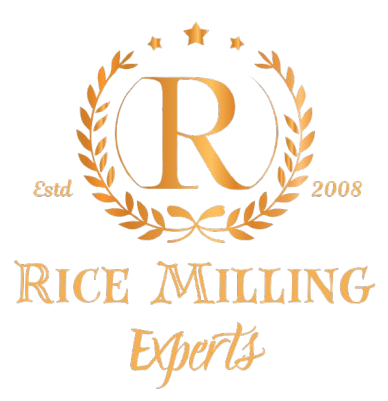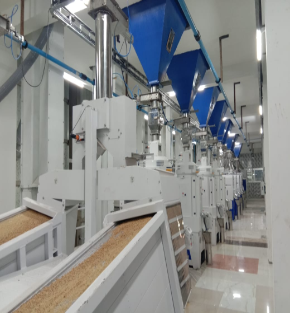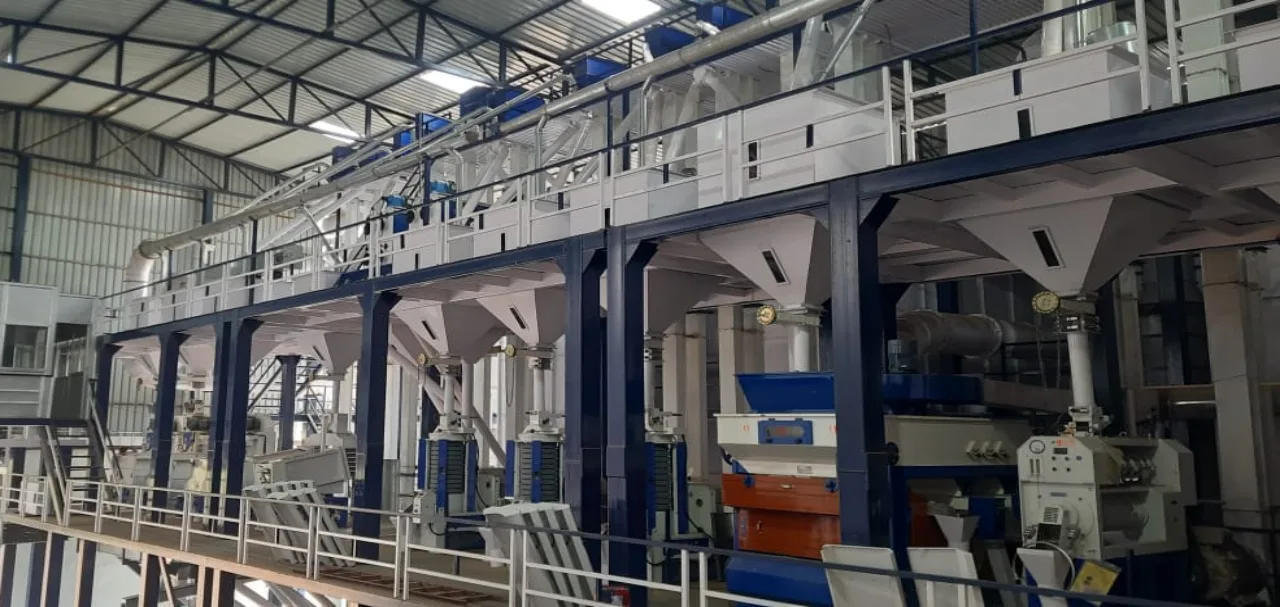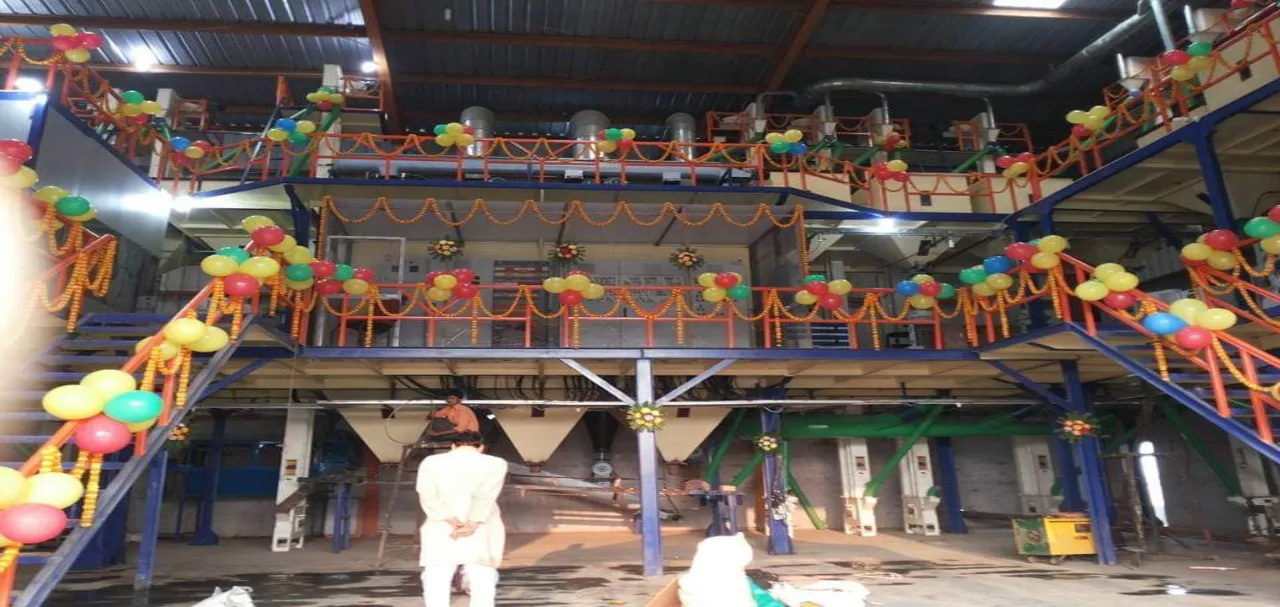Rice Mill Boilers: Complete Guide to Types, Working, and Best Options for Your Rice Milling Business
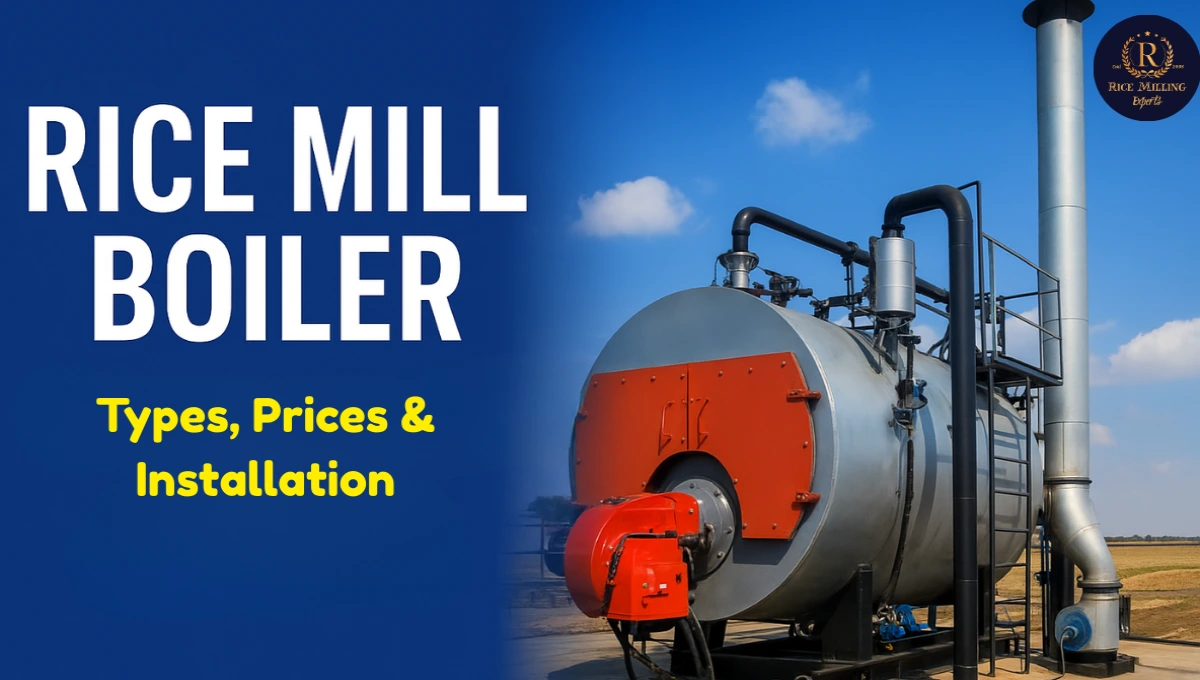
Rice mills require a consistent supply of steam to operate various processes, including parboiling, drying, and polishing. This blog is a comprehensive guide to rice mill boilers, explaining why steam is essential, the various types of boilers used in rice mills, and how each type operates in simple terms. You will also learn about the advantages and disadvantages of each boiler type, how to choose the right one for your mill, and important tips for maintenance. We have also included tables, comparisons, and FAQs so that even a beginner can easily understand.
Why Steam Boilers Matter
In rice milling, steam boilers are essential because they provide the heat and steam needed for several important steps:
- Paddy Drying – Reduces moisture to safe storage levels
- Parboiling (Steam Pre-cooking) – Improves grain quality and reduces breakage
- Polishing – Enhances appearance and cleanliness
- Packing and other processes – Supports equipment operations and sanitation
The way steam distributes heat directly affects final rice quality and energy cost efficiency.
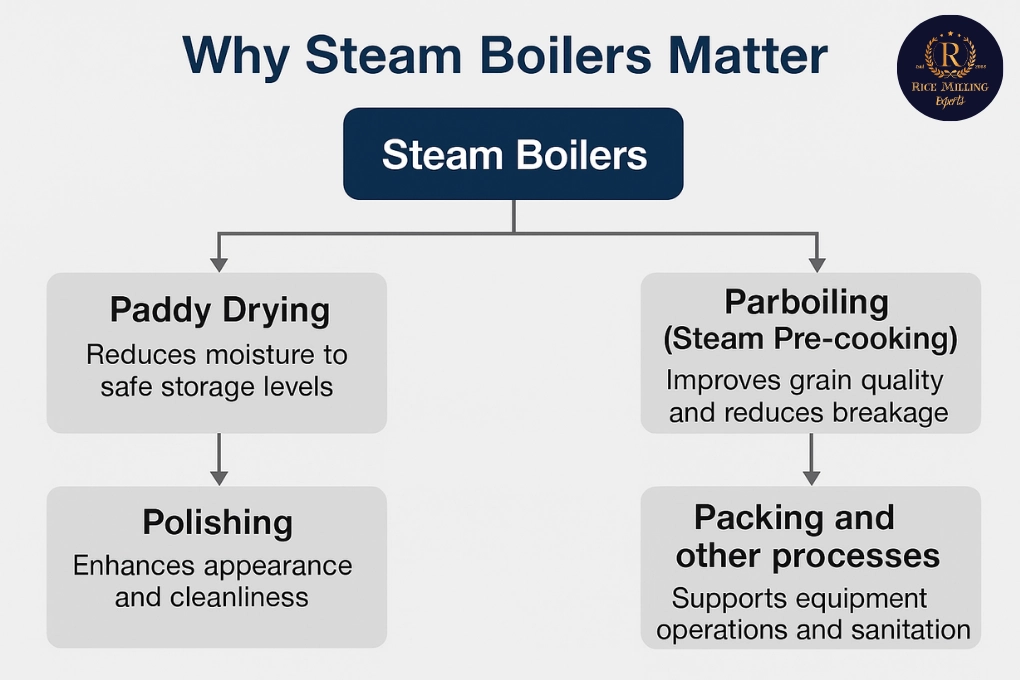
Every Boiler Has Its Role – How Steam Powers Each Stage
Parboiling (Pre-cooking)
Steam quickly heats the paddy, causing starch to gelatinize. This makes grains stronger, reduces breakage, and preserves nutrition.
Drying Paddy
Steam-based drying removes moisture evenly to around 14%, which is ideal for storage and further milling.
Milling & Polishing
Steam heats up machinery, helps in cleaning rice, and adds a shiny layer to grains, improving market appeal.
Energy Backbone
Boilers provide a steady supply of heat energy. If they stop working, the entire processing chain slows down, causing losses.
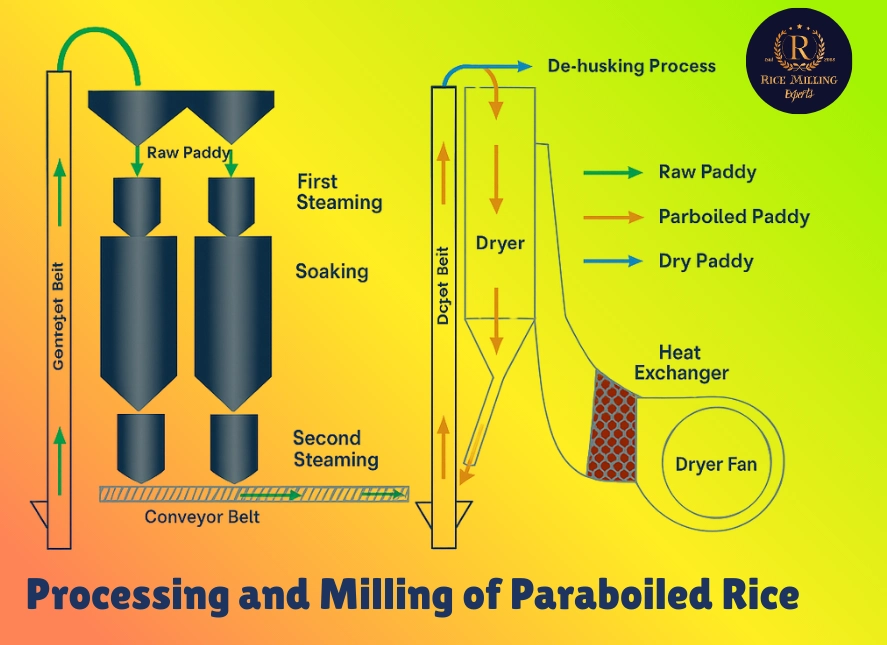
Main Boiler Types for Rice Mill Applications
Thermodyne Boilers (India-based, Versatile & Reliable)
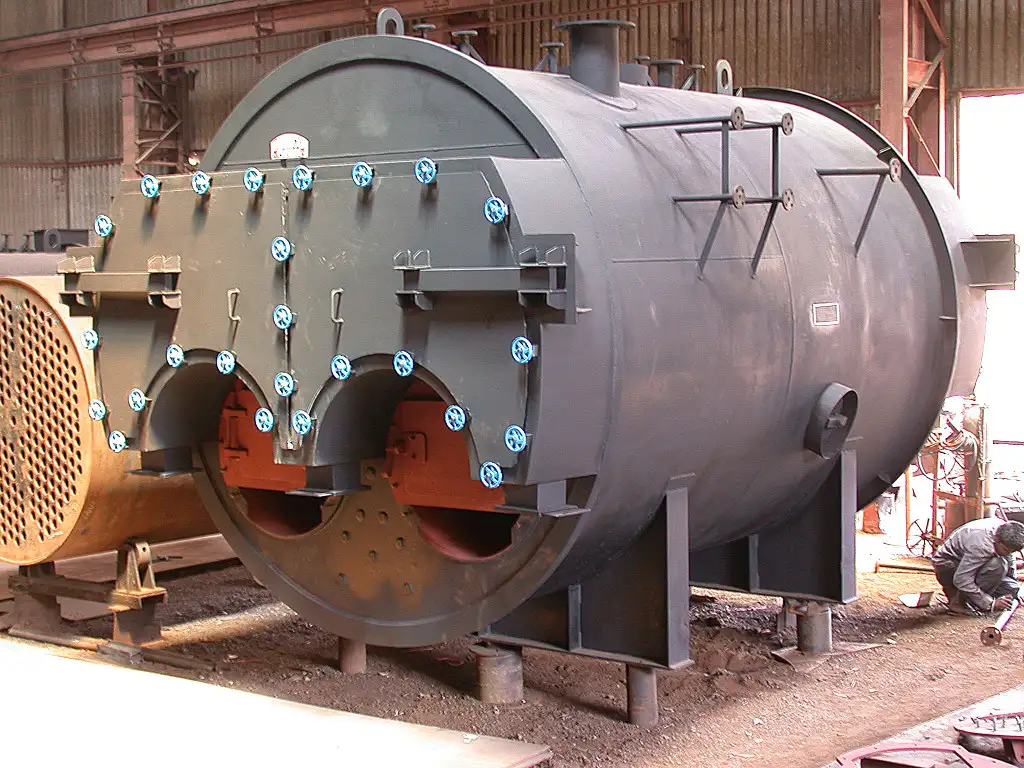
- Popular Model: Combitherm Ultra – factory-assembled, compact, and low-maintenance. Can run on multiple fuels: wood, rice husk, coal, pet coke.
- Specialization: Designed for parboiling, drying, and full rice milling needs.
- Strength: Over 22 years of experience, focus on energy savings and customized solutions.
EPCB Boilers (China-based, Smart & Efficient)
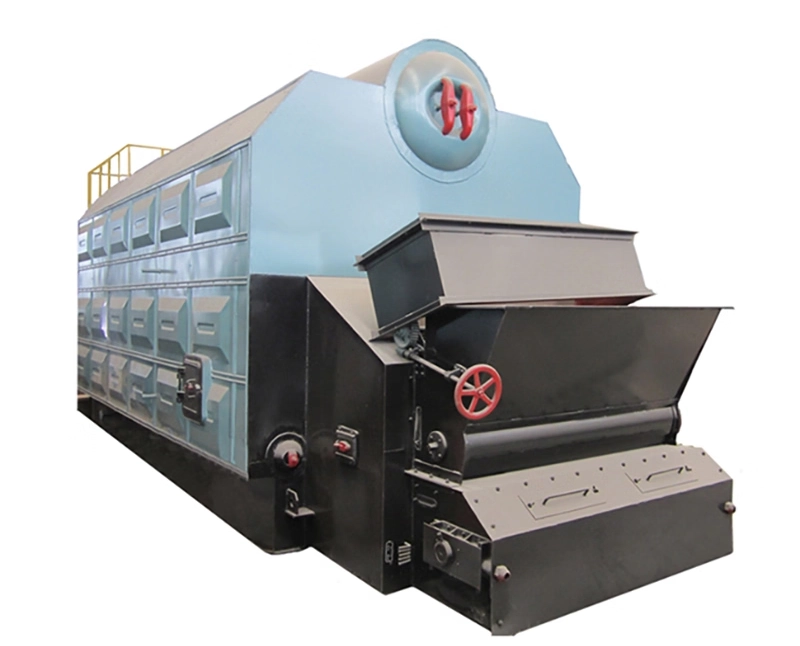
- Popular Type: Chain-grate steam boilers – can use broken rice or husk directly as fuel; efficiency over 80%.
- Options: Thermal oil and steam boilers (steam is more common in rice mills).
- Extra Features: Economizers (save 3–5% fuel), water softeners, interlock protection, dust removal systems.
- Durability: Claimed service life of up to 25 years with proper maintenance.
Maxima Boilers (India-based, Simple & Cost-Effective)
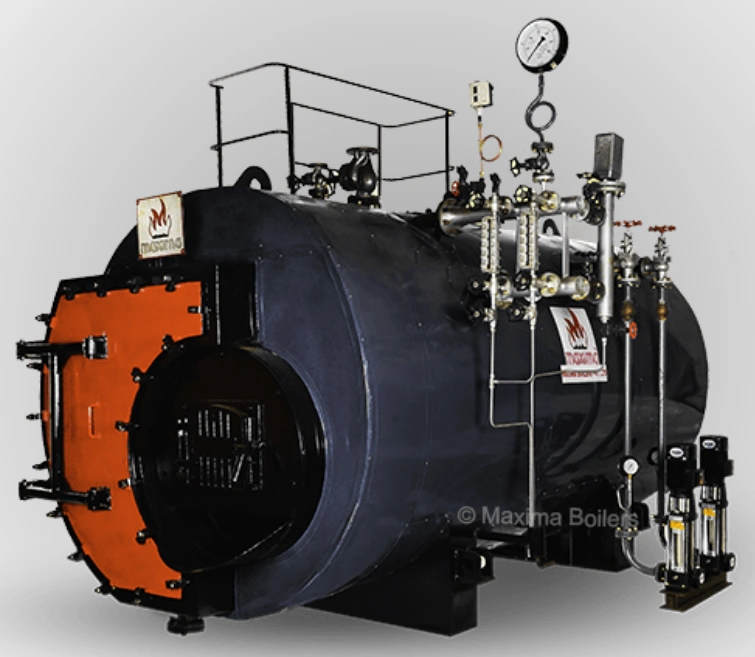
- Popular Model: Max DH Series (Drop Feed) – designed for rice husk fuel, easy to operate, auto-feed system, low running cost.
- Full Systems: Boilers, heaters, and thermic fluid heaters for rice mills.
- Profile: Pune-based, strong in manufacturing and after-sales service.
Optional Advanced Designs – XinLi Husk Boilers (China)
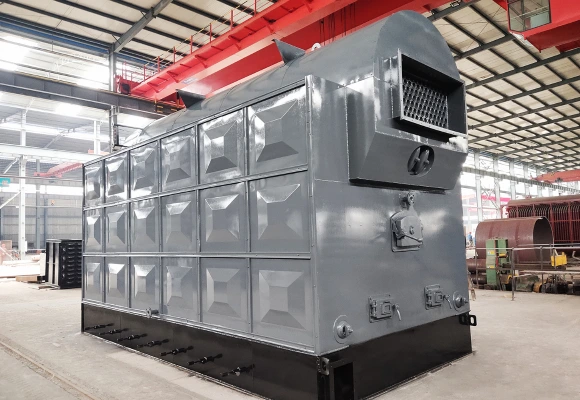
- Special Feature: Very high thermal efficiency (up to 98%), low NOx emissions.
- Fuel: Uses rice husk instead of coal for cleaner operation.
Quick Comparison Table
| Manufacturer | Boiler Type | Fuel Types | Key Advantage |
|---|---|---|---|
| Thermodyne | Combitherm Ultra, skid-mounted | Husk, coal, wood, pet coke | Compact, multi-fuel, energy-efficient |
| EPCB | Chain-grate, thermal oil | Husk, broken rice, coal | Smart tech, economizer, long-lasting |
| Maxima | Max DH drop-feed | Husk | Simple, auto-feed, cost-effective |
| XinLi (Alt.) | High-efficiency husk boiler | Husk | Ultra-high efficiency, low emission |
Choosing the Right Boiler – Easy Guide
Based on Fuel Availability
- Lots of rice husk → Maxima or Thermodyne multi-fuel
- Smart monitoring → EPCB chain-grate with economizer
Based on Operation
- Want low maintenance → Maxima simple design
- Need flexibility and efficiency → Thermodyne or EPCB advanced models
Based on Support & Life
- Prefer local service → Thermodyne or Maxima (India)
- Longest lifespan → EPCB (up to 25 years) or XinLi high-efficiency models
Based on Environmental Goals
- Lower emissions → Biomass husk boilers like XinLi or EPCB
Bonus Tips for Efficiency & Longevity
- Use Economizers – Save up to 5% fuel
- Water Softening – Prevent scale build-up and reduce maintenance
- Follow Emission Norms – Use dust collectors and slag removers
Frequently Asked Questions
1. What is the price of a rice mill boiler in India?
Rice mill boiler prices in India generally range depending on capacity and type.
2. How does a rice mill boiler process work?
It produces steam that is used for parboiling, drying, and processing paddy efficiently.
3. What is the cost of setting up a rice mill boiler plant?
A complete rice mill boiler plant can cost ₹10 lakh to ₹1 crore based on production scale.
4. What is the price of a steam boiler for rice mills in India?
Steam boilers for rice mills in India usually cost ₹5 lakh to ₹20 lakh depending on size.
5. What is the cost of a parboiled rice mill project?
A parboiled rice mill project may cost ₹50 lakh to ₹5 crore depending on capacity and automation.
6. How much does a rice boiler cost?
A small rice boiler starts from ₹3 lakh, while industrial models cost more.
7. What is a rice boiler?
A rice boiler is a steam-generating unit used in rice mills for cooking and parboiling paddy.
Need Boiler Fitting & Installation? We’ve Got You Covered”
We provide professional boiler fitting and installation services, especially for rice mills. Our team ensures proper setup, testing, and safety compliance so your boiler works efficiently from day one.
📞 Call us at: +91-9990791969
📧 Email: info@ricemillingexperts.com
Read More About


